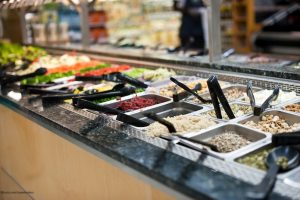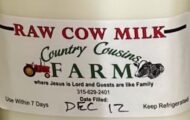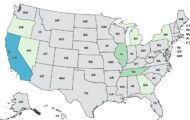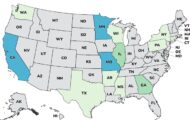According to Food & Water Watch, the UK Department of Food and Rural Affairs has decided to make a “significant shift” that “puts business in charge of driving reform”, to “lightening needless burdens without weakening essential controls.” Businesses will be able to review enforcement of regulation in their areas.
 The press release had a statement from Business Manager Matthew Hancock which said, “businesses will now have the power to lead the reform of counterproductive, time consuming or bureaucratic enforcement of regulation that can get in the way of growth.”
The press release had a statement from Business Manager Matthew Hancock which said, “businesses will now have the power to lead the reform of counterproductive, time consuming or bureaucratic enforcement of regulation that can get in the way of growth.”
Food & Water Watch points out that horse meat is still present in European beef supplies, that Food Standards Agency has concerns about filthy conditions in the UK poultry industry, and salmon in the marketplace labeled “wild Scottish” is actually intensively farmed Norwegian fish. In addition, an ongoing Salmonella outbreak in Europe linked to contaminated eggs has sickened at least 247 people in England.
Eve Mitchell of Food & Water Watch points out that the 2008-2009 Salmonella outbreak linked to contaminated peanut products from Peanut Corporation of America serves as a warning to the UK. Deliberate sales of a known adulterated food product is one of the things regulations are supposed to prevent. Failure of proper enforcement of laws designed to protect the public can lead to serious repercussions.
In addition, in July 2014, an antibiotic banned since 1995 as a human cancer risk was found in animal feed supplied by a Dutch corporation to farms in several EU countries. And UK meat inspectors are on strike because the FSA will not give them a 1% cost of living pay increase. Food & Water Watch ends by stating “inviting industry to regulate itself in such circumstances is surely taking this business-friendly thing a bit too far.”




